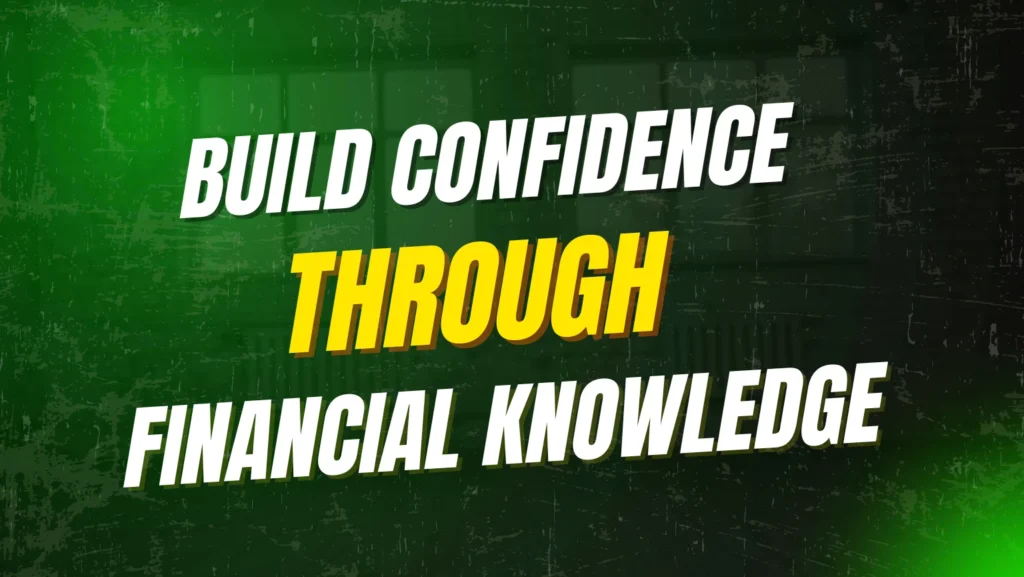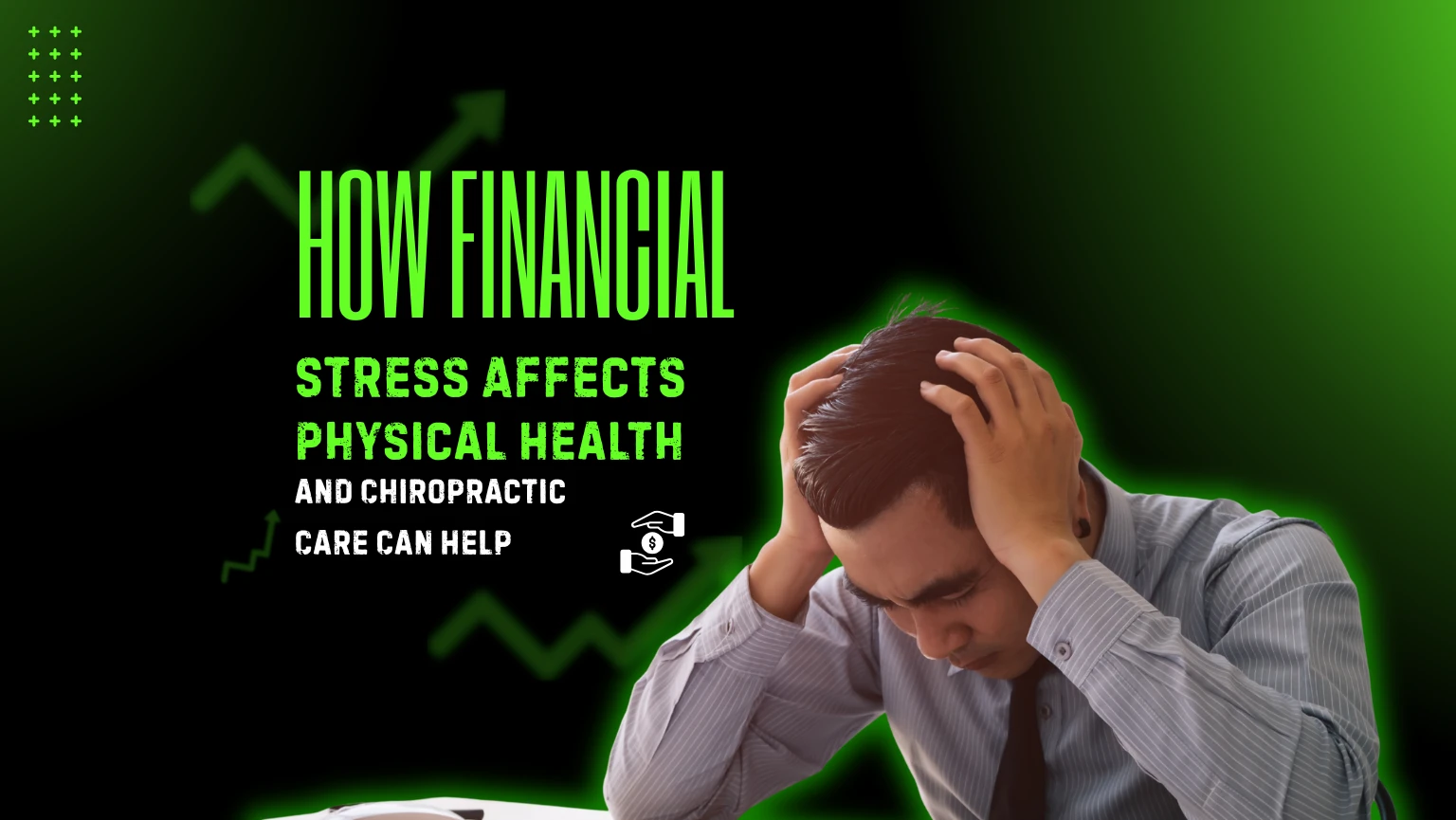
Your credit score plays a big role in your financial life—from getting a loan to renting an apartment or even landing a job. But thanks to misinformation, many people believe myths that could be hurting their credit without even realizing it. In this post, we’ll bust some of the most common credit score myths you might still believe—and definitely shouldn’t.
Myth #1: Checking Your Own Credit Score Hurts It
Truth: There are two types of credit inquiries: soft and hard. When you check your own credit score using a free tool like PFScores or through your bank, it’s a soft inquiry—and it has zero impact on your score. Only hard inquiries, like when a lender checks your credit for a loan or credit card, may slightly affect your score.
Myth #2: You Need to Carry a Balance to Build Credit
Truth: Carrying a balance month to month doesn’t help your credit score—it only racks up interest. What actually helps is using your credit card responsibly and paying off the full balance on time. You can build a strong credit history without ever paying interest.
Myth #3: Closing Old Credit Cards Improves Your Score
Truth: Closing old accounts can actually hurt your score by shortening your credit history and increasing your credit utilization ratio. If a card has no annual fee, it’s better to keep it open—even if you rarely use it—to preserve your credit age and available credit.
Myth #4: Your Income Affects Your Credit Score
Truth: Credit scores don’t consider your salary or income. They’re based on your credit behavior—such as payment history, credit utilization, and account age. However, income may still affect loan approvals, as lenders use it to assess your ability to repay debt, even though it’s not factored into your credit score.
Myth #5: All Debt Is Bad for Your Credit Score
Truth: Not all debt is created equal. Responsible debt—like a well-managed mortgage, student loan, or low-credit-utilization credit card—can actually help your score by showing lenders you can handle borrowing. It’s missed payments and high balances that damage your credit.
Myth #6: Credit Reports and Credit Scores Are the Same
Truth: Your credit report is a detailed history of your credit accounts, while your credit score is a number calculated from the information in that report. You can have different scores depending on the scoring model (like FICO or VantageScore) and the bureau (Experian, Equifax, or TransUnion).
Myth #7: You Only Have One Credit Score
Truth: You actually have dozens of credit scores. Each bureau may have slightly different data, and lenders might use different scoring models depending on what kind of loan you’re applying for (auto loan, mortgage, credit card, etc.).
Final Thoughts
Believing these myths can lead to poor credit decisions and missed opportunities. Understanding how credit actually works is the first step toward building—and keeping—a strong credit score.
Want to know your real credit score—without hurting it?
Visit PFScores to check your credit score for free, compare your financial health with others, and get tips to improve. No impact on your credit. No hidden fees. Just your real score—100% free.







